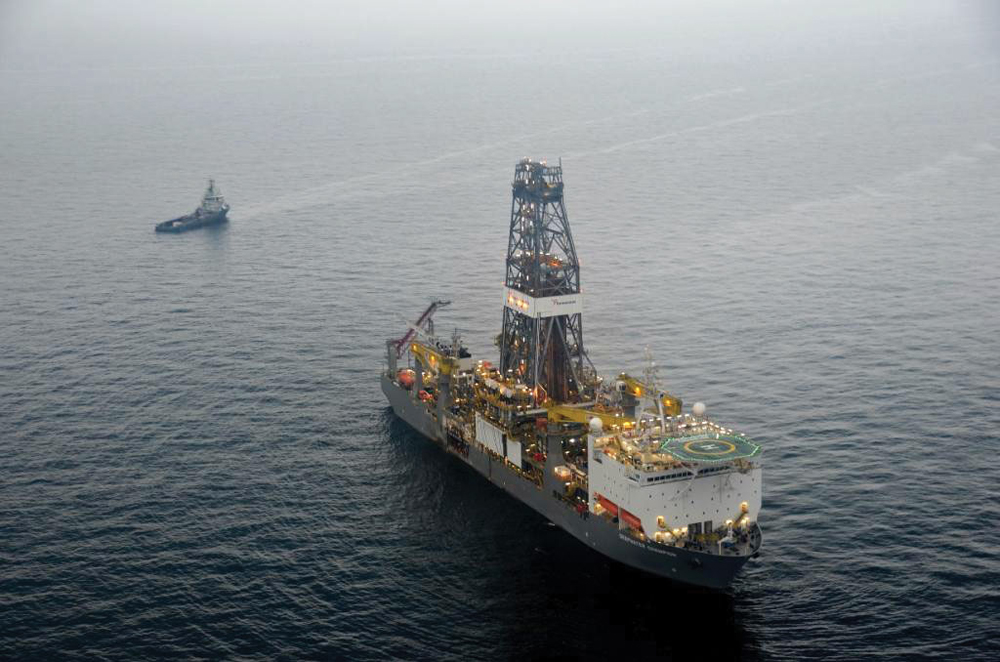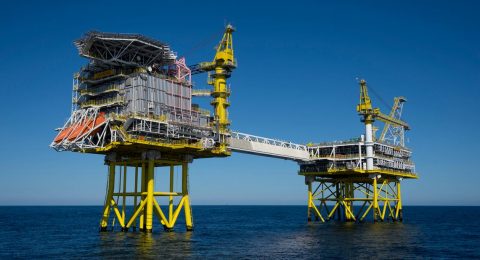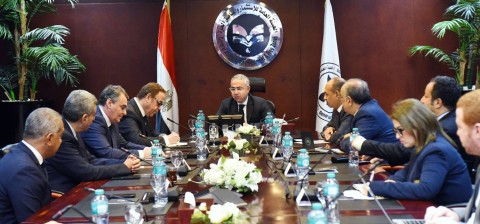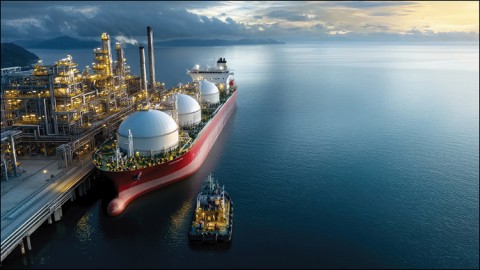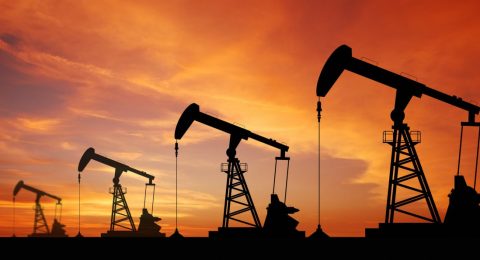A license extended by Venezuela to Shell and Trinidad and Tobago’s National Gas Company (NGC) will allow the companies to produce natural gas off the South American country’s coast for 30 years, state oil company PDVSA said.
Venezuela, Shell, and NGC on Thursday signed the license in Caracas for the Dragon project following a U.S. authorization granted in January, which could mark the OPEC country’s first exports of its vast offshore gas reserves.
The license was signed by Trinidad’s energy minister Stuart Young and Venezuela’s oil minister Pedro Tellechea.
The license provides for an initial output of 185 million cubic feet per day of gas to be sent to Trinidad for producing liquefied natural gas (LNG) and petrochemicals, PDVSA said in a release.
Dragon and three neighboring offshore gas fields were discovered by PDVSA and its reserves were confirmed over a decade ago. The company installed some infrastructure, did production tests, and began building a gasline to Venezuela’s shore. However, the project was not commercially developed due to the lack of partners, investment, as well as U.S. sanctions.
Venezuela is trying to monetize its gas reserves to complement its revenue from crude and fuel exports, which constitutes the country’s largest source of income in hard currency.
Venezuela holds one of the world’s largest concentrations of proven gas reserves, at over 200 trillion cubic feet. Most of this gas is associated with crude oil. Historically, PDVSA neglected gas in favor of oil which was easier to extract and market. Yet in recent decades, gas pipelines and other infrastructure for re-injection and residential supply have deteriorated from a lack of investment. As a result, PDVSA burns much of its gas production, sending vast quantities of methane and carbon dioxide into the atmosphere.
Past efforts to capture Venezuela’s flared gas fell flat, mainly because of the US sanctions.
However, in October, Washington eased sanctions on the country by issuing a six-month license allowing PDVSA to export crude and gas to its chosen markets and receive foreign investment and cash proceeds. The authorization is contingent on fulfilling a pact with the opposition toward a presidential election next year.
